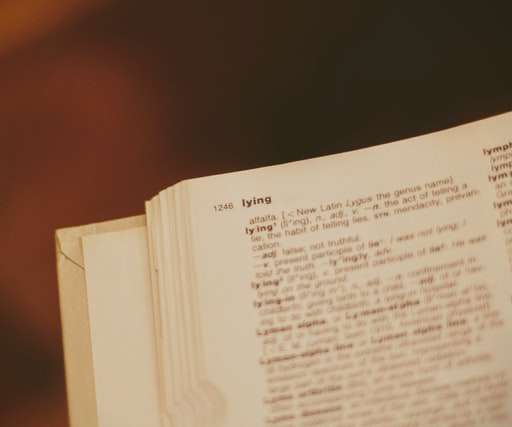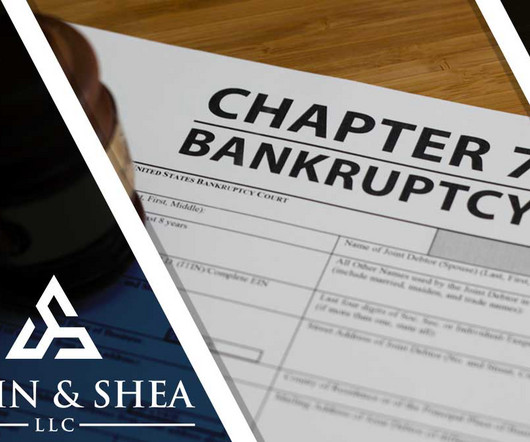8th Cir. Holds FDCPA Plaintiff Lacked Article III Standing In Garnishment Communication Case
Collection Industry News
FEBRUARY 25, 2022
In Minnesota, a creditor may issue a garnishment summons to any third party “at any time after entry of a money judgment in [a] civil action.” Debtor brought suit under 15 U.S.C. The parties stipulated as to remedy, and the trial court entered final judgment awarding Debtor statutory damages plus attorney’s and filing fees.





















Let's personalize your content